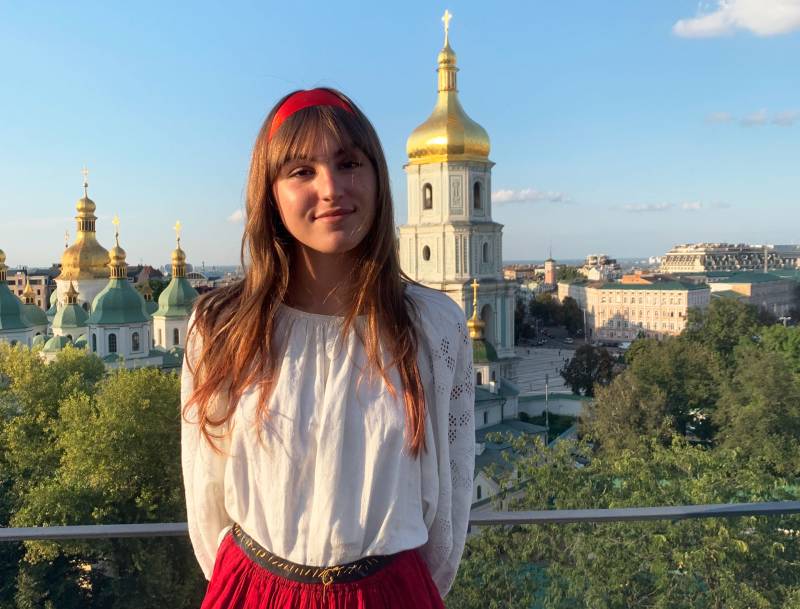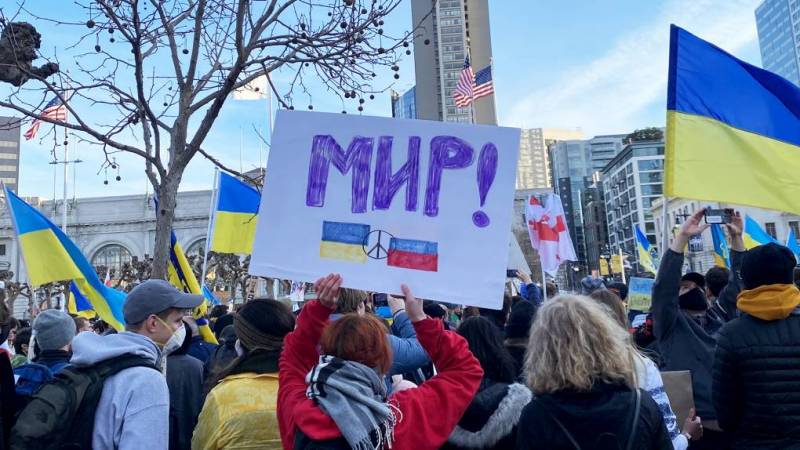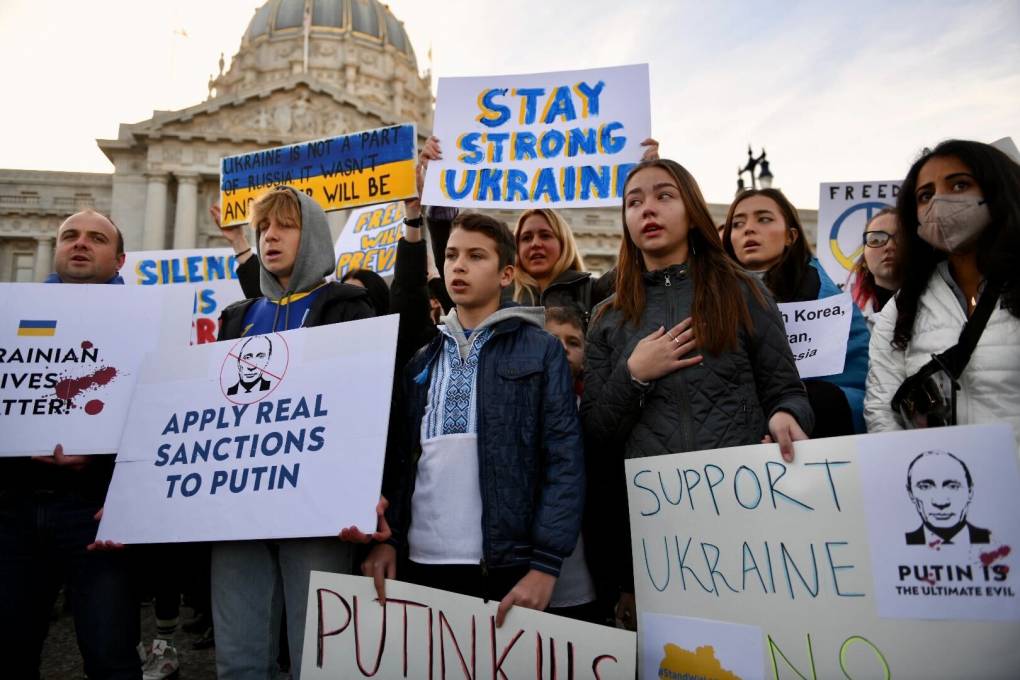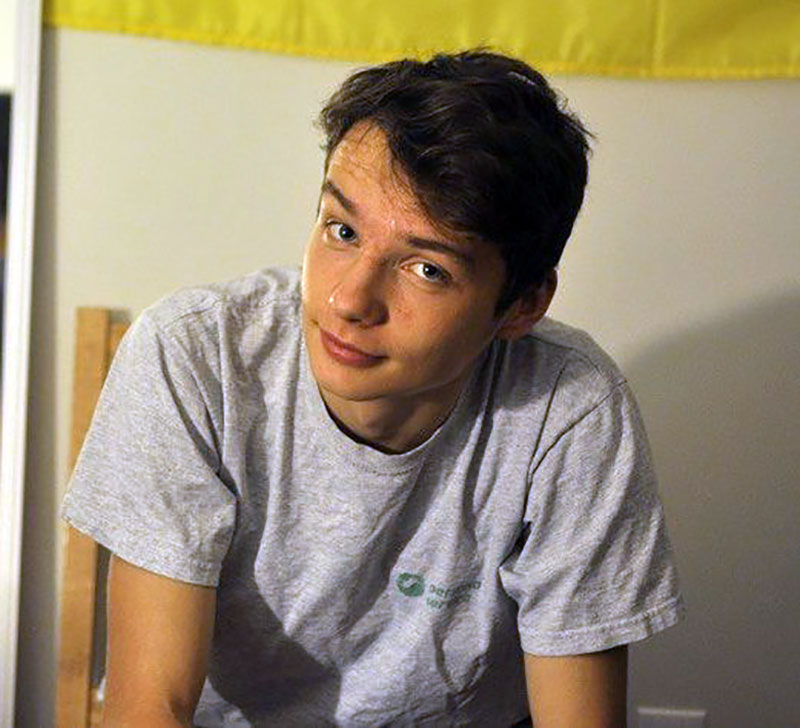On the eve of Catarina Buchatskiy’s 13th birthday, on Nov. 30, 2013, Ukrainian police attacked protesters in her hometown of Kyiv.
As Buchatskiy entered young adulthood, those protests changed everything for her and her country. It couldn’t have been a better introduction to her teenage years, she said.
Those protests, known as the Maidan uprising, decried former Ukrainian President Viktor Yanukovych’s decision to back out of a trade agreement with the European Union and instead remain more closely tied to Russia. More than 70 people were killed and hundreds were wounded in clashes between protesters and police.
Buchatskiy — now a 21-year-old international student at Stanford University studying international security — said it was the first day that Ukraine woke up and started taking its sovereignty more seriously. It was at that point, she said, that she realized she was part of something bigger than herself.
"That was the first awakening of my Ukrainian identity, because this happened on a day so monumental — not just to me personally," Buchatskiy said. "It became a day monumental to the entire country."




